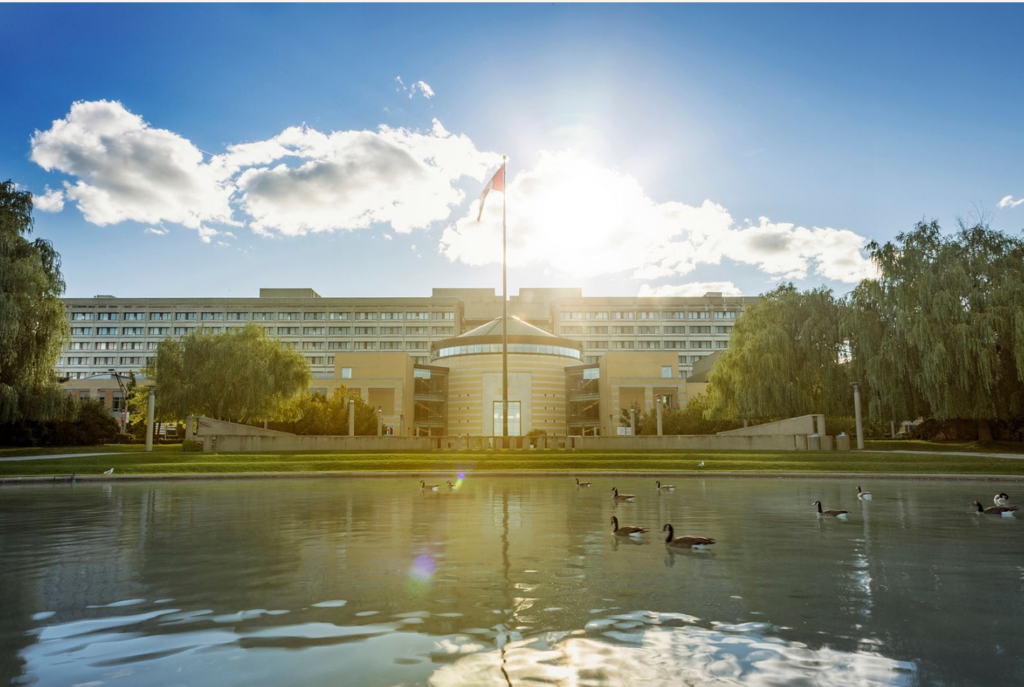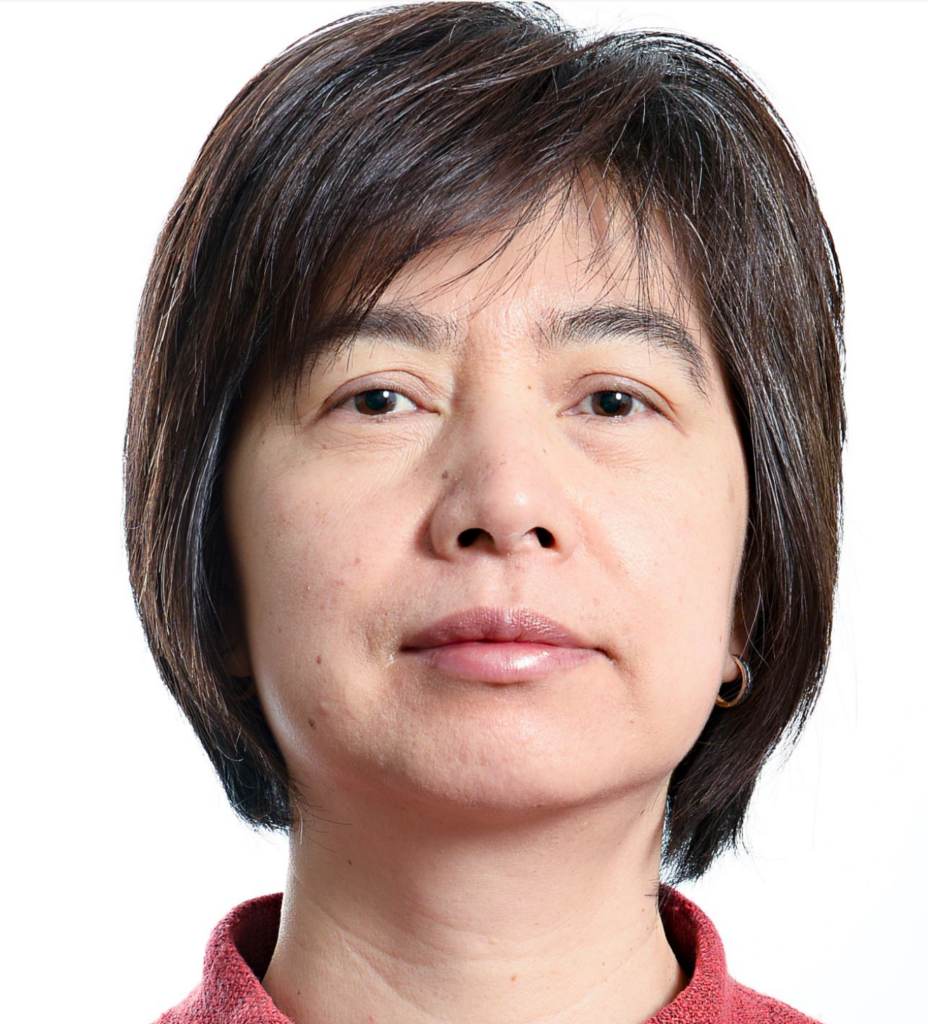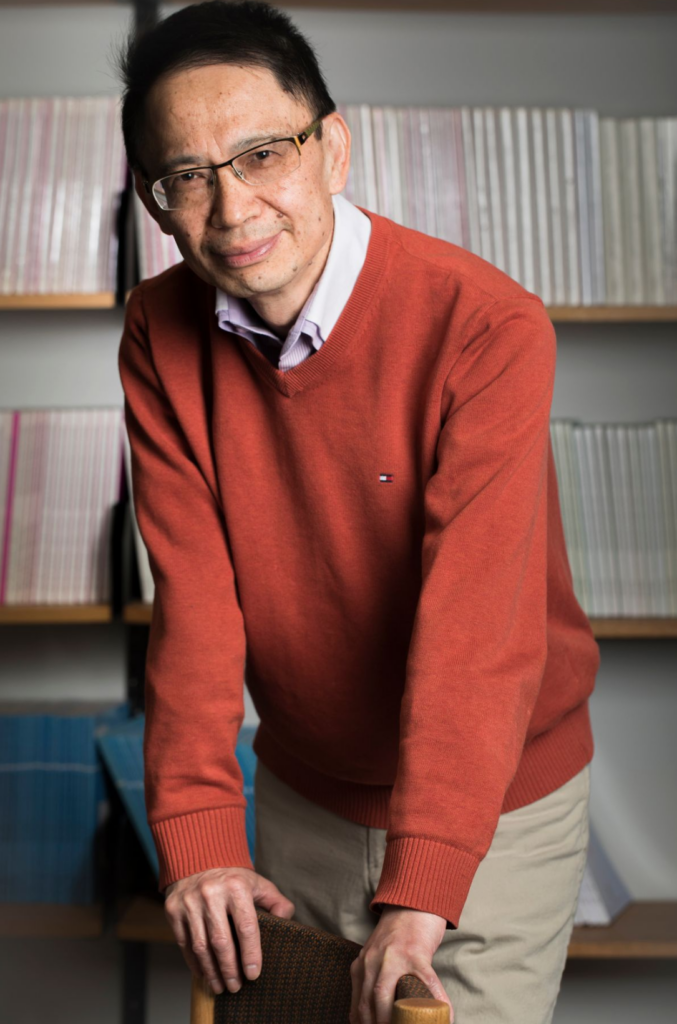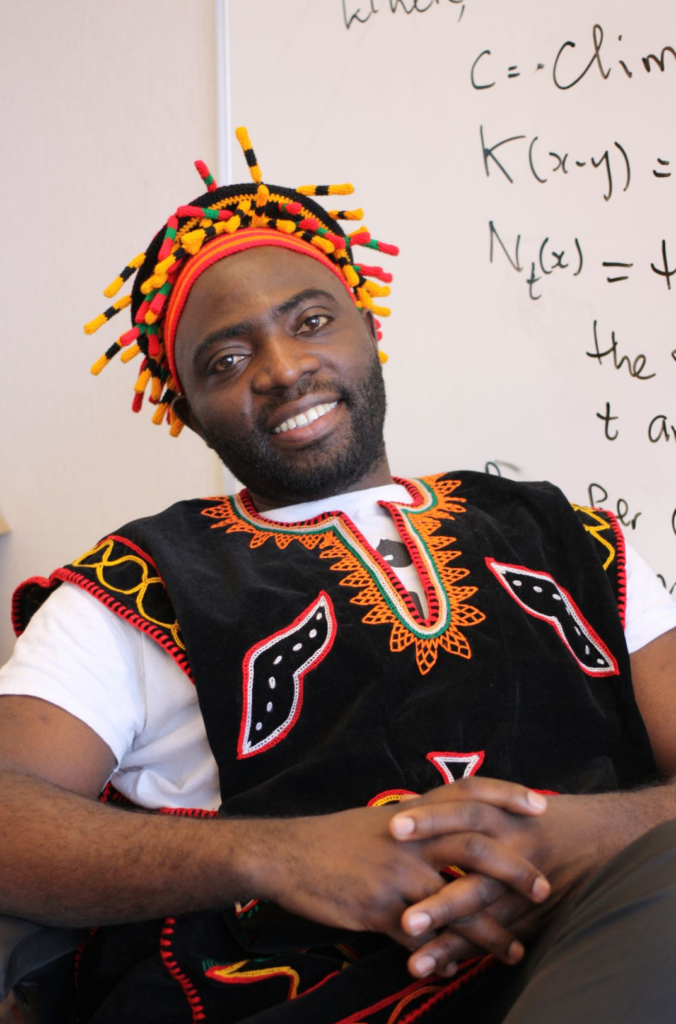York University is a leading international teaching and research University, and a driving force for positive change. Located in Toronto, Canada, York University is home to one of the largest and most diverse student bodies in Canada with 59,000 students from 178 countries.

International partners are collaborating with VISTA to better understand the brain in action (PhilippsUniversität Marburg and Justus-Liebig-Universität Giessen, Germany), to advance virtual reality (Qualcomm Canada) and computer vision research (Samsung AI Research Centre).
York has been recognized as a global leader for three consecutive years in the Times Higher Education Impact Rankings and number one in global joint research publications in Ontario. We are positioned to take on the challenges that matter the most.
Empowered by a welcoming and diverse community with a uniquely global perspective, we are preparing our students for their long-term career and personal success. Together we are making things right for our communities, our planet, and our future.
Partner with York University to become a driving force for change. To learn more, contact us at [email protected]
Research & Innovation for positive change
York conducts purposeful research that advances knowledge and creates positive change. York’s 11 Faculties and Professional Schools, including our top-ranked Schulich School of Business and Osgoode Hall Law School and our 25 organized research units, conduct ambitious, ground-breaking research that cuts across traditional academic boundaries.
GLOBAL HEALTH
York University researchers are game changers in health. Our researchers are addressing global health challenges, from the COVID-19 pandemic to identifying and treating diseases such as heart disease and cancer, to understanding and treating mental health. They are taking multidisciplinary approaches to develop novel solutions for complex communities such as children, aging populations and Indigenous Peoples.
York’s community of researchers are collaborating with industry and the public sector to create a positive change for people around the globe, including:
• Researching the social, cultural and justice aspects of how Indigenous Peoples access health care services;
• Collaborating with the University Health Network, hospitals and mental health organizations; and
• Using disruptive technologies such as artificial intelligence (AI) and virtual reality (VR) to better understand, predict, diagnose and treat disease.
Stephen Hoffman was awarded $7 million from the Wellcome Trust to study antimicrobial resistance.

Chun Peng uses bioinformatics tools in cell and molecular biology to investigate how growth factors, hormones, and microRNAs contribute to preeclampsia and the molecular mechanisms underlying the development of ovarian cancer.

York is number one in Canada for COVID-19 publications on mathematical modeling and a leader in disaster and risk management planning.
Jianhong Wu is one of the world’s leading researchers on mathematical modelling. He has spent the last two decades mapping the trajectory of pandemics, including SARs-1 and COVID-19, and plays a critical role in informing national and international bodies on the evolution of COVID-19 cases and their projected burden on the health care system.

COVID-19 has highlighted the glaring inequity many countries across the globe faced with access to vaccines, diagnosis, and treatment. In his research, Jude Kong is collaborating with the Africa-Canada Artificial Intelligence and Public Health Data Modeling Consortium to use AI to predict and forecast the transmission of COVID-19, and to optimize vaccine rollout in Africa.

Ali Asgary is an expert and a pioneer in disaster, emergency and business community management. He is the associate director for the Advanced Disaster, Emergency and Rapid Response Simulation which brings together researchers from health, engineering, science and social sciences to conduct disaster research and training, and to provide support to government, non-governmental and private sector partners.
VISION SCIENCE
York is a world-leader in vision science including areas such as computer vision and biological vision. York was awarded $33 million in funding from the prestigious Canada First Research Excellence Fund to launch Vision: Science to Applications (VISTA). VISTA, led by Canada Research Chair Doug Crawford, realizes the potential of disruptive technologies and real-world applications for people with vision-related health limitations. Our researchers are advancing understanding of how the brain works and pioneering research in virtual reality. For example, Shayna Rosenbaum is collaborating with Baycrest Health Sciences and VISTA researcher James Elder to harness AI to characterize and correct spatial navigation difficulties in older adults. The research could help healthcare providers detect and treat individuals who are at risk of developing Alzheimer’s. These applications have the potential to transform every sector from education, health, transportation, tourism, and even space exploration.
SPACE EXPLORATION
York is the top ranked university in Canada for publications on galaxies, stars & galactic evolution. We’re working with NASA, the European Space Agency and the Canadian Space Agency to launch the James Webb Space Telescope (JWST) with Canadian-made technologies. A leading researcher in the field, Adam Muzzin and his team are developing the Near-Infrared Imager and Slitless Spectrograph (NIRISS), which will allow scientists to study planets and to identify other galaxies.
With $3.6 million in funding from the Canada Foundation for Innovation, George Zhu is developing approaches to automate operations for spacecraft, payloads and surgical instruments using Additive Manufacturing technology. His research is developing 3D print implantable biological substitutes to enable in-situ medical treatment for astronauts in space.
YORK SUPPORTED VENTURES ARE SOLVING GLOBAL ECONOMIC CHALLENGES
York University’s entrepreneurship unit, YSpace, fosters novel approaches, technologies, and perspectives to promote global economic and social well-being through our portfolio of supported ventures. Below are a couple of those ventures:
• Lactiga, a venture-backed biotherapeutics company, is unlocking the full therapeutic value of human milk to create the next generation of anti-infectives to combat the world’s most dangerous pathogens, including COVID-19 and its variants;
• SP Nutraceuticals Inc. develops first-to-market natural products that target specific diseases; and
• Blade Filters provides Canadian-made industrial air quality solutions. Their new division, Blade Air, inspired by the COVID-19 pandemic, specializes in providing air quality solutions for industrial facilities.

OUR VISION FOR THE FUTURE
York University is poised to experience exponential growth over the next decade with the launch of the new Markham Campus (pictured above), set to open in 2023. Located in the heart of one of the most diverse communities and fastest growing tech hubs in Canada, the Markham Campus will catalyze opportunities for researchers and industries to collaborate and translate innovative research across four areas experiencing technological disruption and rapid innovation: Fintech, AI & Society, Digital Cultures and Public Policy Research.
Over the longer-term York University maintains its aspiration for a new kind of School of Medicine to focus on integrated interdisciplinary care, family medicine, community health and wellness through the lifespan. Informed by demographics, health care gaps and the evolution of medicine, our emphasis will be on the integration of the physician within the context of the broader health care and wellness promotion teams.















